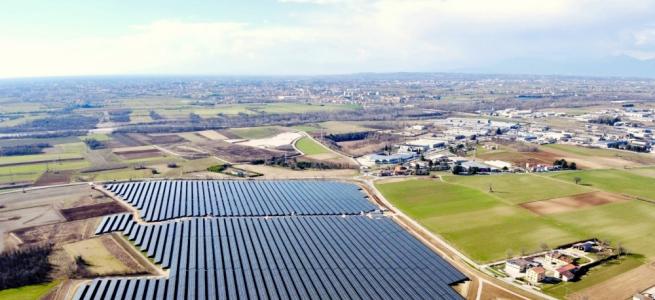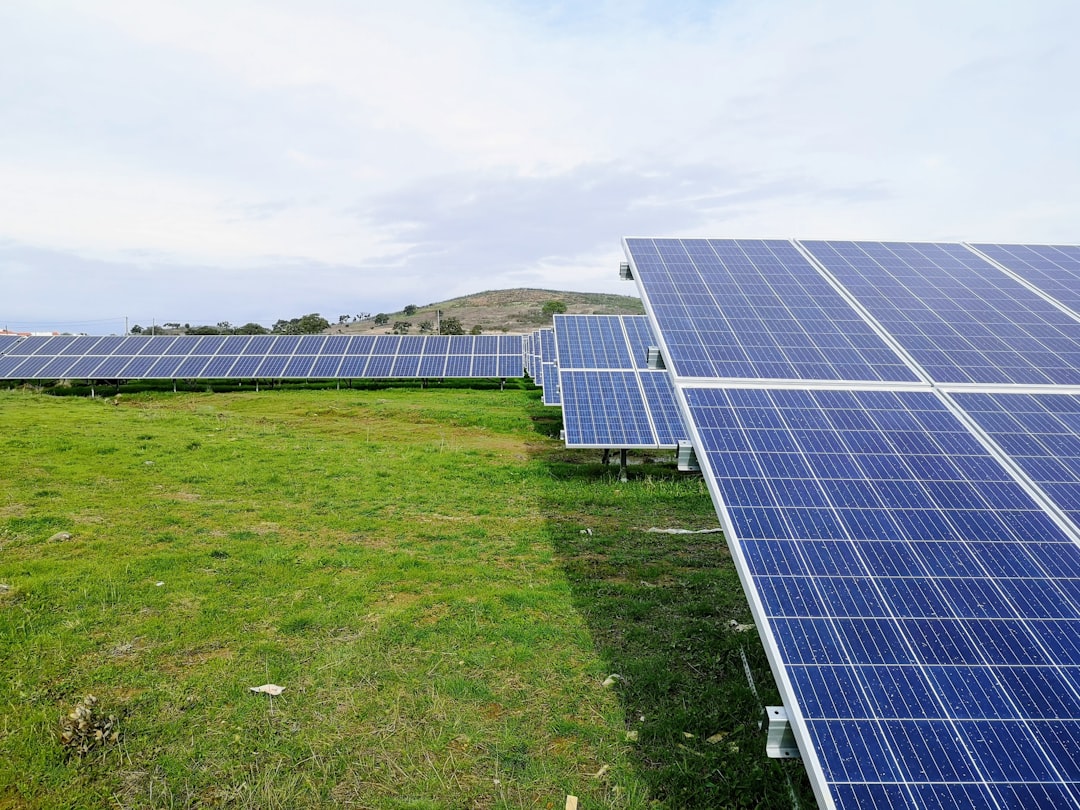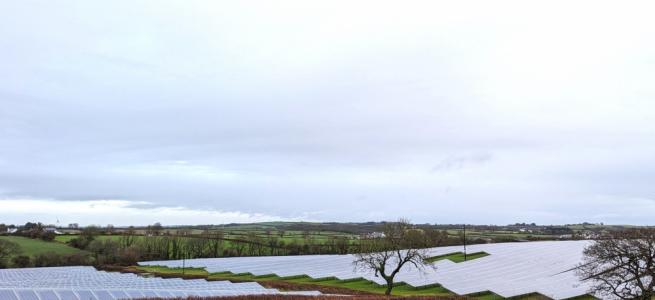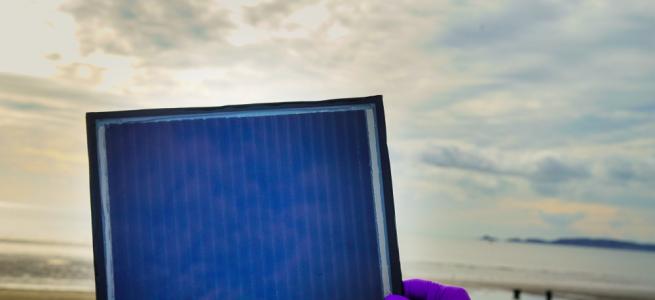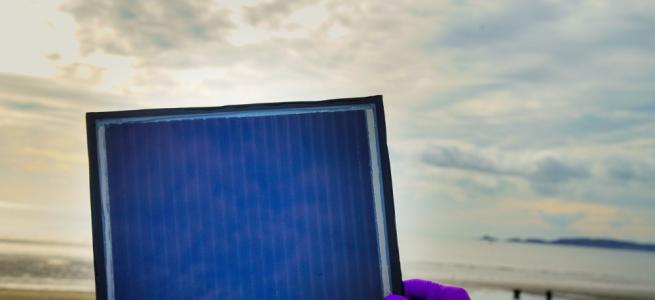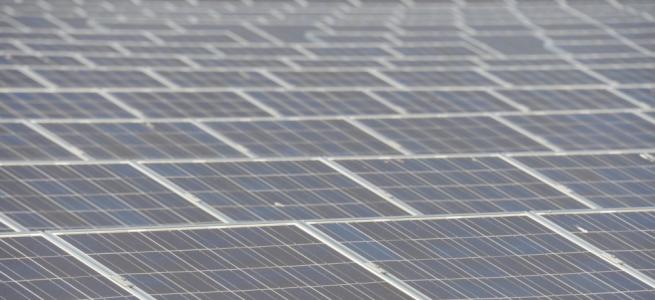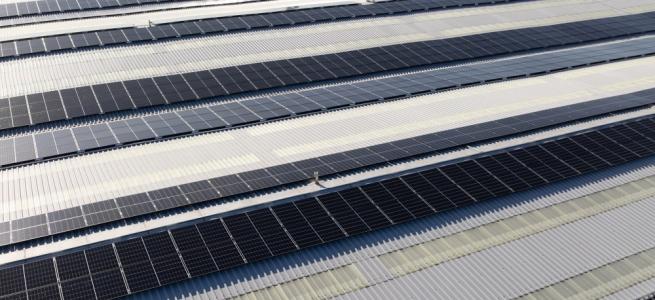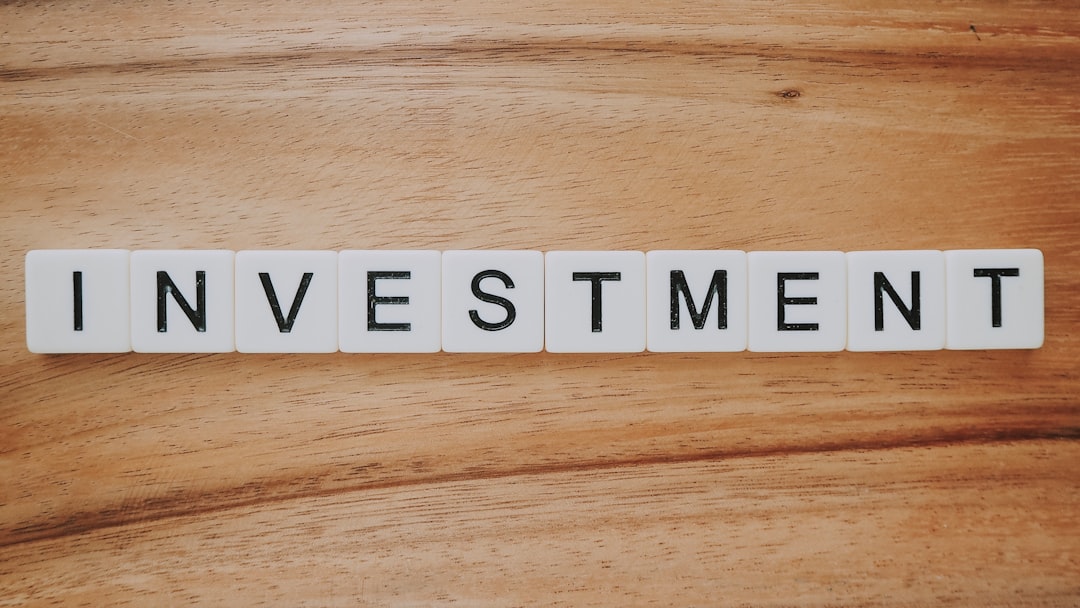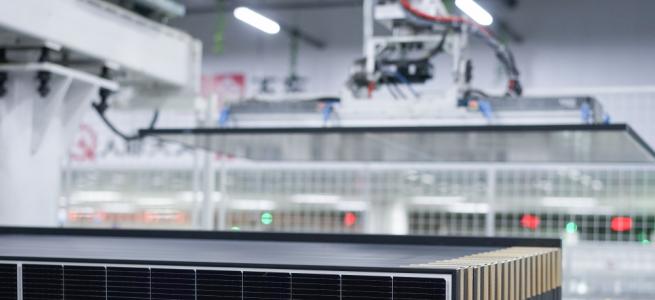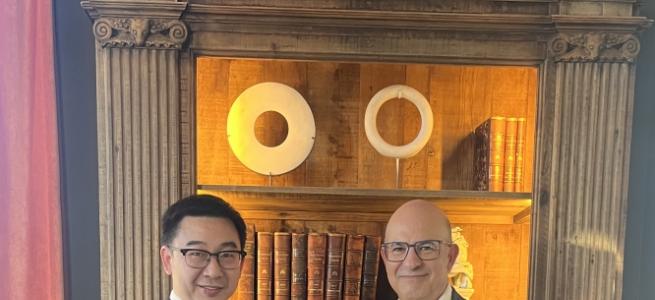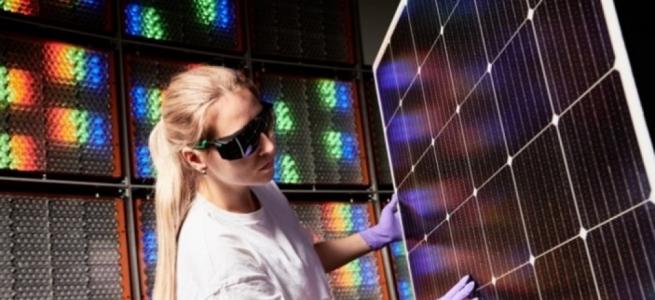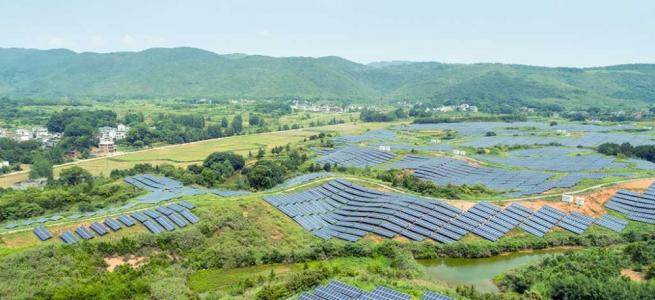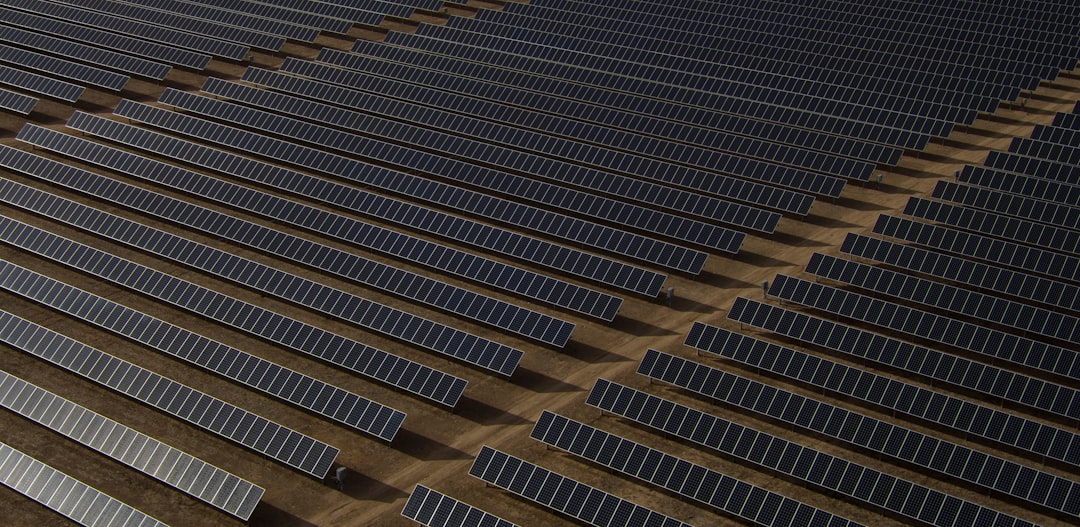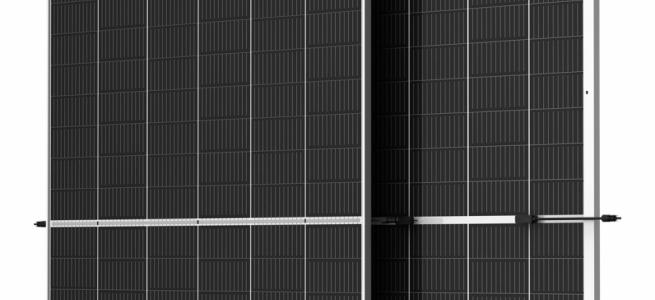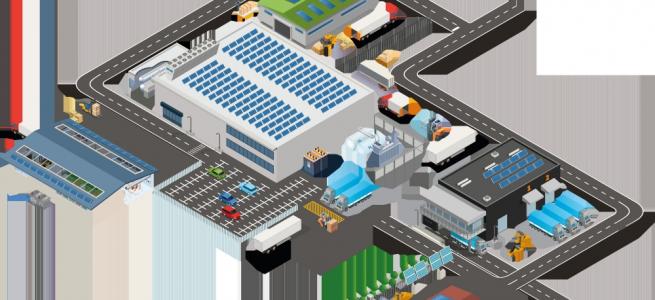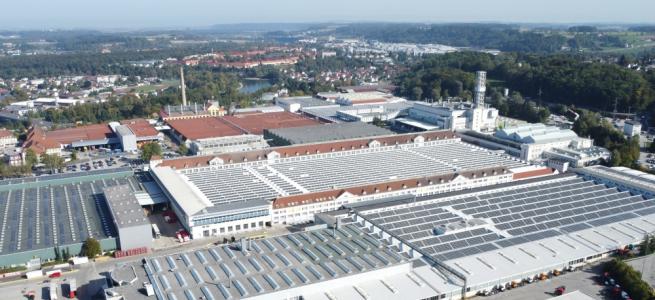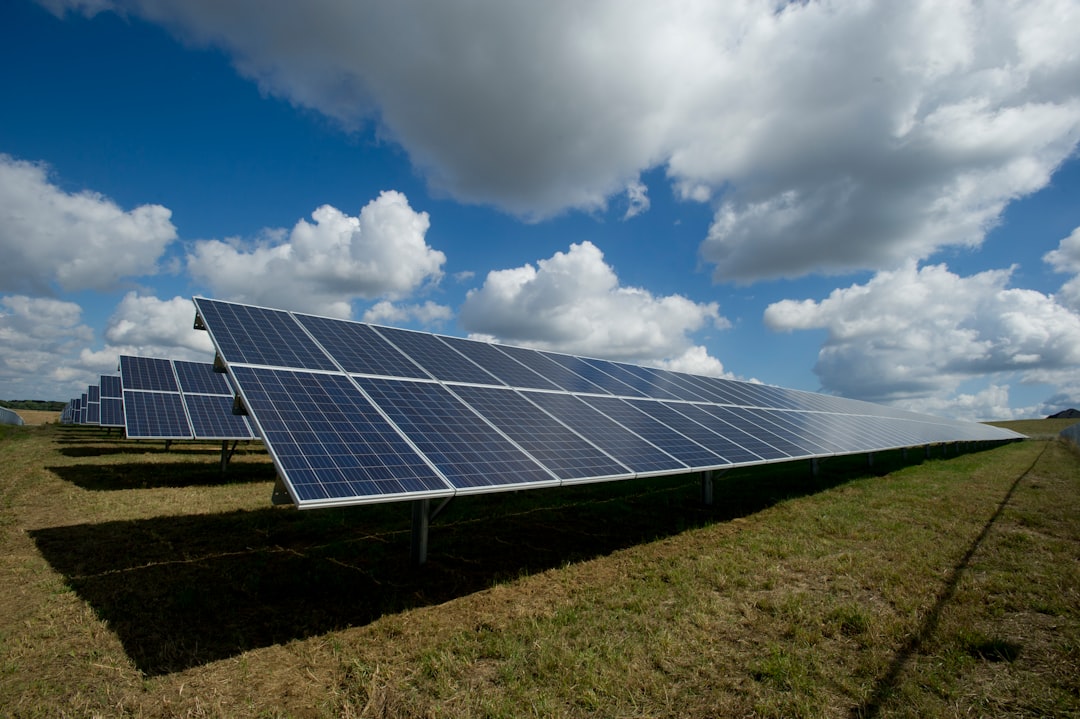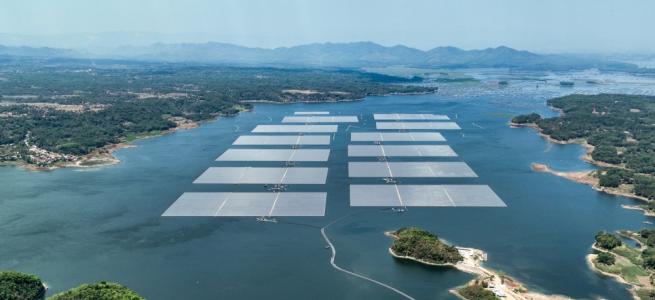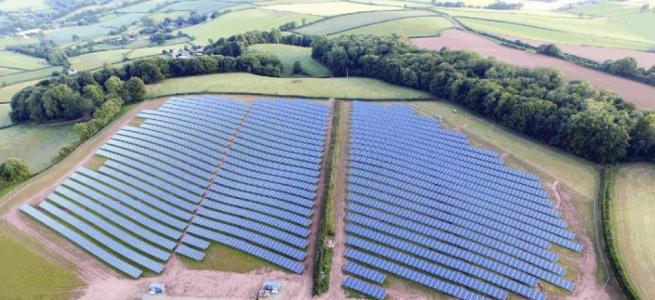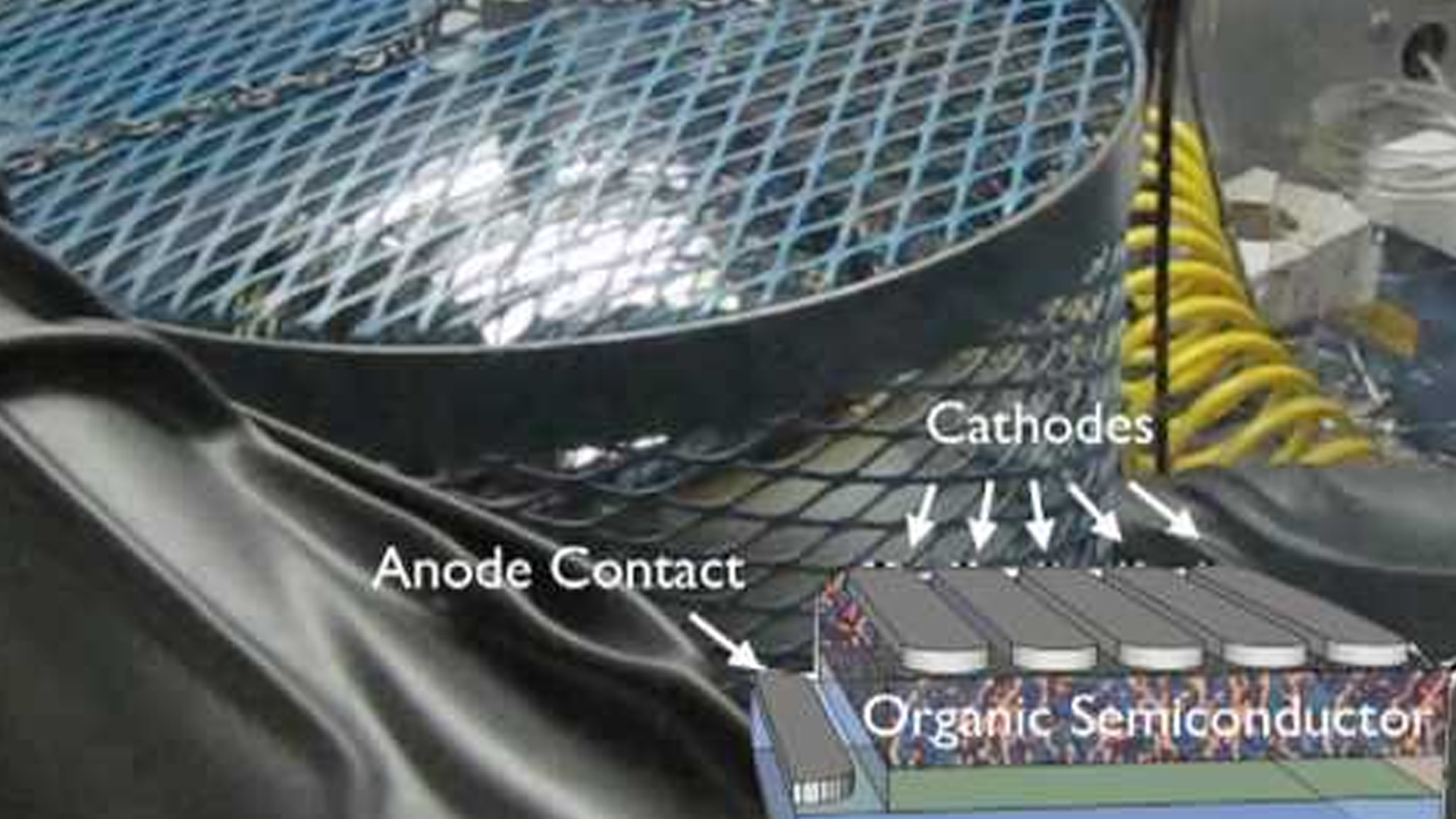SolarAid receives Google assistance

Google has announced their continued support of international development charity SolarAid and their work distributing solar lights in rural Africa, by funding a two year evaluation on the impact of solar lights on poverty alleviation.
In June 2013 the charity won a Google Global Impact Award for using technology to make the world a better place, faster. Pico-solar lights provide clean, safe light for families living without electricity in rural communities. Light extends the productive working day for students to study at night and for businesses to stay open. It also has health and economic impacts; reducing the indoor air pollution caused by burning fuels like kerosene for light and enabling families to save a big proportion of the household income previously spent on kerosene, candles or batteries.
There is huge potential for solar lights to improve people's standard of living in Africa and Google have agreed to fund a $650,000 two-year Randomised Control Trial study (RCT) into the impact of solar lights on poverty alleviation.
SolarAid's social enterprise SunnyMoney is the largest distributor of solar lights in Africa. As leading experts in the sector the charity's Director of Research & Impact Kat Harrison will manage the study in collaboration with an external research partner. SolarAid established their impact and research department in 2012 in order to provide evidence to fuel discussions with governments, policy-makers and practitioners. Kat explains: "We've now got a great deal of quality data that helps showcase the impact of our work but despite being such an important field, there is not a lot of empirical evidence out there on the links between solar lighting and poverty alleviation. This hinders our, and the sector's, ability to advise on policy, make recommendations to governments and to fully explain just what an impact a pico-solar light can have".
The Google funded RCT will be the first large scale research project for pico-solar lights of its kind and provide invaluable information for SolarAid and the off-grid lighting sector.
Jacquelline Fuller, Director of Google.org, explains why Google funded the study: "Research is an incredibly powerful tool in the fight against poverty. SolarAid has committed to rigorously assessing their programs and openly sharing their findings -- and not just the rosy ones -- to make sure they're making a big impact in people's lives. We're excited to further support their mission."
SolarAid and Google will be sharing updates on the research throughout the two years: "We're excited to embark on this study and have a real commitment to keeping people engaged and updated along the journey as that's the best way to raise awareness of the work, encourage interaction with the process and make sure results are shared and used to inform policy and practice" says Kat.


